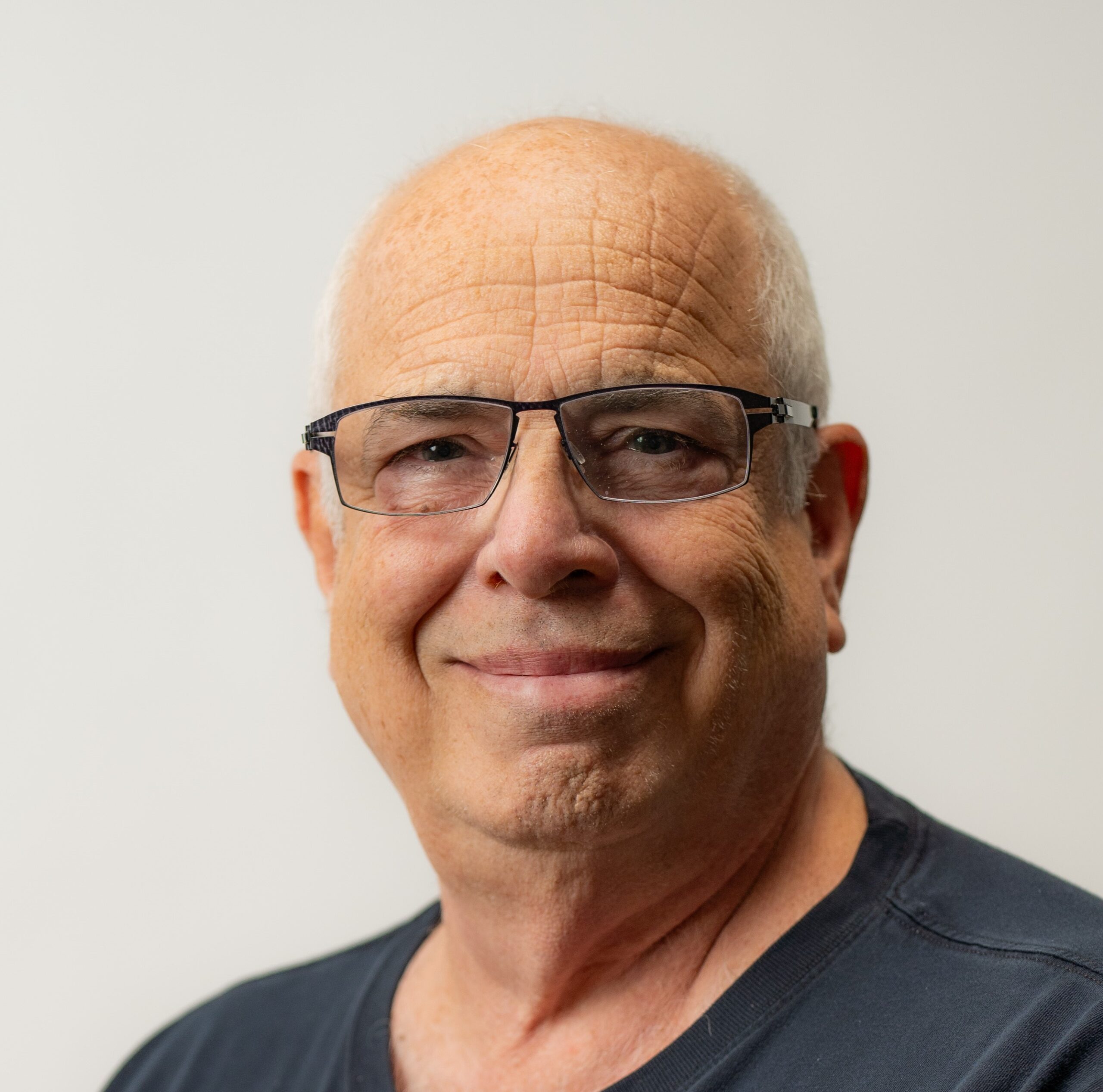Growing up in the Sheepshead Bay neighborhood of Brooklyn, David Chapman “didn’t have big goals,” as he put it some 70 years later. For a stretch he wanted to be the next Johnny Carson – “you know, stay up late and talk to people and be funny” – but the insularity of his upbringing limited the scope of his imagination.
That changed when he won a New York State Regents Scholarship and headed upstate to Vassar College, from which he received a B.A. in geology. “That’s where the world revealed itself to me,” he recalls. After graduation, Chapman moved back to New York City with the goal of “becoming famous, though I had absolutely no idea doing what.” He went to work in sales, first pushing fabric and then office furniture. It soon become clear that the job wasn’t a good fit.
“I didn’t like selling stuff. I liked the idea of selling stuff; I liked writing down on paper why somebody should buy office furniture,” he says. And so it was that Chapman set about pursuing a job as a copywriter. It took him some time to get his foot in the door – Chapman still has the 50 rejection letters he received from major-league New York ad agencies – but ultimately, he landed at Alden Advertising, an independent shop that, he remembers, “would work for any client who would hire us.”
Chapman busied himself on travel and eyewear accounts, but medical devices also found their way into his topical mix. When his portfolio found its way to a headhunter, the person suggested that he play up the medical-related work (notably, on Propper Manufacturing’s first-to-market rigid sigmoidoscope).
Chapman spent two years at Ruvane-Leverte before joining Kallir, Philips, Ross (KPR) at the peak of its influence. When he was passed over for a promotion, Chapman departed KPR for Nelson Communications. Two years later, John Zweig and Thomas Ferguson brought him into their nascent company.
Before long, Chapman found himself and other company leaders in front of WPP prexy Sir Martin Sorrell, making the case that the agency needed to go global in a bigger way. That kickstarted the process through which 13 agency brands were united under the CommonHealth banner. Chapman stayed with the company, which morphed into Ogilvy Health, until 2020.
He remains extremely proud of his body of work. He points to the “great things” he and his teams accomplished on behalf of J&J’s women’s healthcare franchise and the establishment of the company’s oncology business. He similarly counts working with Schering-Plough as a career highlight, in large part due to the overwhelming success of its Claritin branding.
Chapman is equally proud of his legacy as a mentor of younger talent, which naturally extends to his children. In his MAHF nomination package, two of his three daughters weighed in on their dad in a way that clearly delighted him.
“David Chapman is a pharmaceutical advertising legend who helps alleviate symptoms of being alive, like doldrums, angst and boredom,” wrote Catherine Chapman, a DEI strategy consultant.
“The rules of being a pharma copywriter, according to David Chapman, as told by his most successful attempt at creating one: 1. Red Bull has not been demonstrated in clinical studies to give you wings. In what we do, there is no room for what is not quantifiably accurate. That keeps us honest! And honesty is important,” wrote Sarah Chapman, a copywriter at Oliver Agency.
Chapman is very much enjoying his retirement. “It’s the best job I’ve ever had, even better than the summer when I collected unemployment insurance,” he jokingly recalls. An even better gig is imminent, as Chapman will soon become a grandparent.
He’s working toward his travel agent’s license and taking acting and singing classes at the Borough of Manhattan Community College, alongside teenagers and 20-somethings. “It keeps me connected to the rhythm and vibrancy of the city,” Chapman says.
The only diversion Chapman won’t entertain, it seems, is a return to medical marketing in some peripheral way. “I love the business and everything about it, but it’s moved quickly beyond my depth of understanding,” he says. “The methodologies have leapfrogged me. I think it’s better left to the new professionals, rather than me sitting around and saying, ‘Well, in MY day…’”
